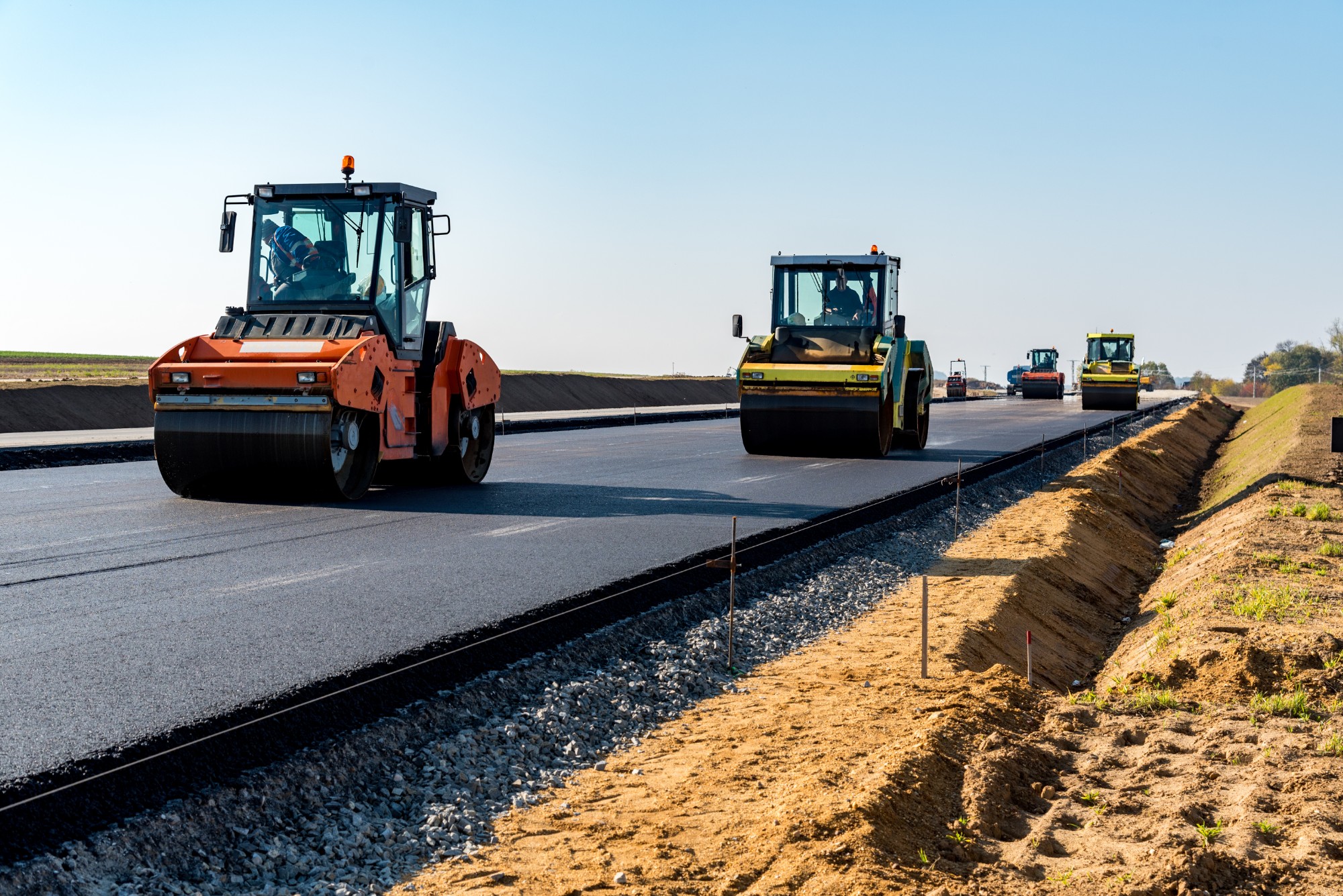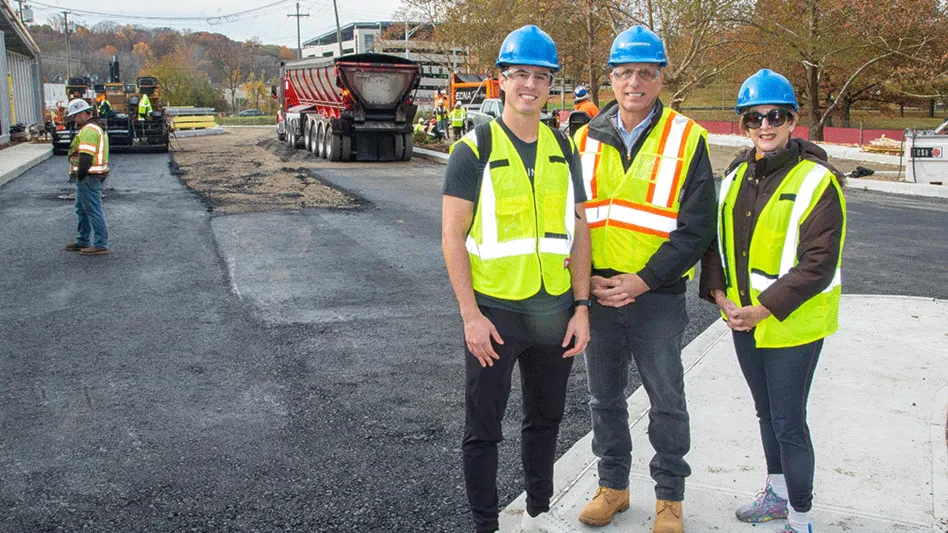Paving the way to sustainability: upcycling plastic into pavement

Plastic pollution is proving to be one of the unique challenges of the world today. Only nine per cent of all plastic produced has ever been recycled, while the rest ends up in landfills, waterways, or incineration. This pollution harms wildlife and ecosystems and contributes to climate change and human health problems. In the face of this challenge, innovative solutions are emerging, and one such groundbreaking initiative is the upcycling of plastic into asphalt.
One of the most problematic types of plastic is low-density polyethylene (LDPE), commonly used for bags, packaging, and other film plastics. LDPE is difficult to sort and process, and many recycling facilities do not accept it at all.
In response to this environmental challenge, Last20, a Canadian start-up is addressing the broader issue of plastic pollution by upcycling plastic into pavement. The concept is simple yet revolutionary – combine LDPE with traditional pavement to create a plastic-infused alternative that boasts numerous advantages over conventional asphalt.
The traditional process of asphalt production relies heavily on bitumen, a petroleum-based binder associated with adverse environmental impacts such as biodiversity loss, water pollution, and greenhouse gas emissions. Last20’s innovative approach significantly reduces the need for bitumen, thereby lowering the carbon footprint and cost of pavement construction and maintenance. This results in a concrete mix with substantially less embodied carbon.

What sets Last20 apart is not just the idea but the execution. The company has developed a proprietary system that introduces LDPE into asphalt plants at scale. This system ensures precise control over the weight and dispersion of LDPE, making it a seamless integration into existing infrastructure. Importantly, this user-friendly system requires no modifications to asphalt plants or equipment, making it an accessible and practical solution for the construction industry.
This plastic-infused pavement aligns with broader environmental goals, particularly Canada's commitment to achieving net-zero emissions by 2050. The construction and paving industry's adoption of such innovative technologies becomes crucial in the collective effort to decarbonize processes and products. By reimagining pavement construction, we are making a tangible contribution to this ambitious national target.
Beyond its environmental benefits, plastic-infused pavement enhances the durability and resilience of infrastructure. The reduction in bitumen and plastic waste is not just an ecological win; it also translates into more robust and longer-lasting pavements. As our society grapples with the challenges of waste management, this approach embodies the principles of a circular economy, where waste is transformed into valuable resources.
Founded by siblings Lauren Barnes and Lucas Barnes, Last20 stands out not just for its technological advancements but also for its dedication to environmental and social action. The company actively seeks to attract diverse talent and foster a culture of respect and collaboration among its team members. By leading the way in sustainable innovation, Last20 is setting an example for businesses to integrate environmental and social action into their core values.
Testing Grounds and Ongoing Projects:
The journey of Last20 is marked by tangible progress. The company conducted a successful test trial in Brantford, Ontario, in 2021, and recently completed a project in New York in November 2023 with Regeneron Pharmaceuticals, showcasing the real-world application of their plastic-infused pavement. As these projects unfold, Last20 is not only providing a sustainable solution to the plastic predicament but also proving the viability and effectiveness of their approach on a larger scale.
Last20 also completed Vaughan Economic Development's Better Your Business Program – Social and Environmental Sustainability , aligning its business with the United Nations' Sustainable Development Goals (SDGs). These global goals, ranging from industry innovation (SDG 9) to responsible consumption and production (SDG 12), emphasize Last20's contribution to a broader vision of a sustainable and equitable world.
In the face of the plastic pollution challenge, the journey of upcycling plastic into pavement stands as a testament to the power of innovation in addressing environmental challenges. By redefining the way we approach pavement construction, we can not only reduce the environmental footprint but also set a standard for businesses to integrate sustainability into their practices. As we navigate the path to a more sustainable future, we are paving the way for a world where waste is transformed into a resource, one pavement at a time.
Interested in learning more about how cement affects our world? Listen to our Season 3 Podcast: A concrete solution with Rob Cumming.
If you want to learn more about Last20's innovative solution for upcycling plastic into pavement, you can visit their website (last20.ca) or follow them on LinkedIn.
